-
Education Hub -
Medical Student Programs -
Residency -
Fellowships & Advanced Training Programs -
Cancer Genetics & Breast Health -
Complex Family Planning -
Global Women's Health -
Gynecologic Oncology -
Hospitalist -
Maternal Fetal Medicine -
Minimally Invasive Gynecologic Surgery -
Pediatric & Adolescent Gynecology -
Reproductive Endocrinology & Infertility -
Urogynecology & Pelvic Reconstructive Surgery -
Women's Health
-
-
Opportunities -
Facilities & Spaces
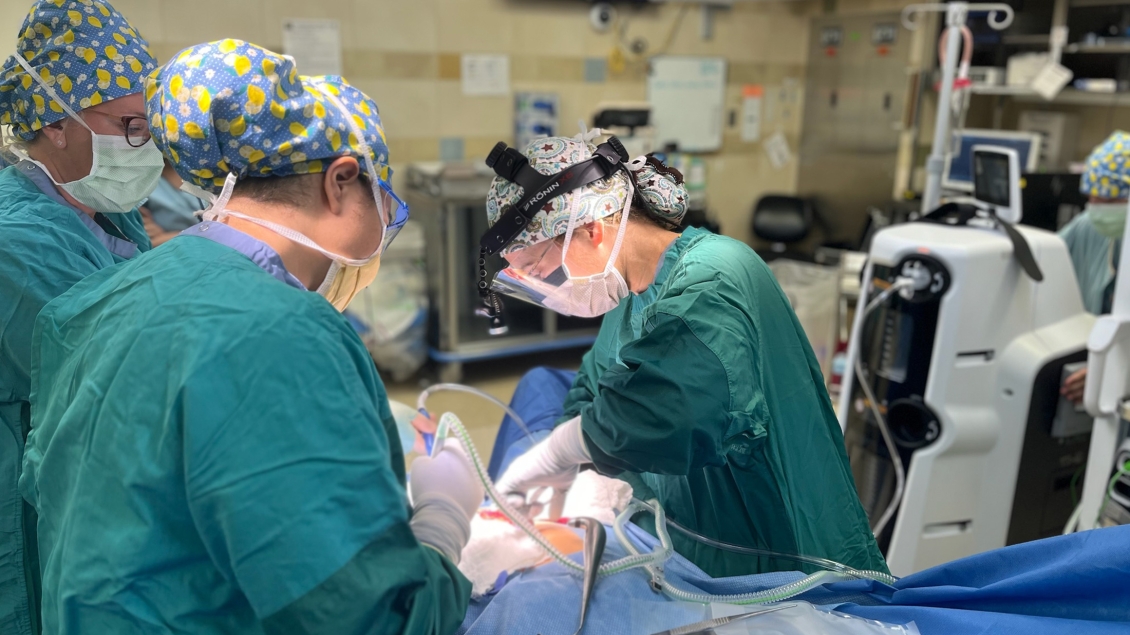
The goal of the Gynecologic Oncology fellowship program is to train academic gynecologic oncologists who are outstanding clinicians, surgeons, teachers, and researchers.
Learn more by jumping to the sections below:
The Gynecologic Oncology fellowship was founded in 1971 by George W. Morley, MD, who established a tradition of clinical excellence that continues today.
The fellowship is a three-year ACGME-accredited program for obstetrician-gynecologists seeking sub-specialty training for comprehensive treatment of women with gynecologic malignancies.
The program is structured to provide one year of research experience, followed by two years of clinical training, with the opportunity to take up to three electives.
The first year of the program is an opportunity for our trainees to develop their research skills and academic interests. Prior to starting the program, the trainee will meet with program faculty to establish a mentor and project. The project must lead to the completion of a thesis suitable for subspecialty board certification. The thesis will be approved by an appointed thesis committee, and a formal defense of the thesis project will be carried out before the completion of training. Fellows are also encouraged to submit research for presentation at regional or national meetings. The thesis project may be laboratory-based basic or translational science, non-laboratory-based epidemiology or outcomes research, or a clinical trial. Statistical support and a dedicated statistics curriculum are also available to fellows.
The first-year fellow participates in tumor board and a limited call schedule (weekend call approximately one weekend per month), but is not assigned any other clinical responsibilities.
Fellows actively participate in all aspects of inpatient and outpatient care of patients with known or suspected gynecologic cancer, including evaluation, treatment planning, surgical management, and follow-up. All clinical activities take place at the University of Michigan Hospital and associated outpatient clinics. Our fellows are responsible for the management of the inpatient gynecologic oncology service, as appropriate for the individual fellow’s level of training and experience. Faculty supervision is available to the fellows at all times. In addition, fellows participate in a dedicated chemotherapy clinic and develop longitudinal patient relationships while building a strong knowledge base.
Our fellows gain experience in a wide variety of surgical procedures, including bowel and urologic procedures, in addition to gynecologic procedures. Fellows gain proficiency in both traditional laparoscopy and robotic surgery.
Fellows also have the opportunity to take up to three electives during years 2-3.
In addition to research training, our fellows participate in weekly didactics and regular conferences to ensure that they are up to date on the most current research and literature on important topics in gynecologic oncology.
Gynecologic Oncology Didactics: Our fellows participate in weekly gynecologic oncology didactic sessions. These cover a range of subjects, from core gynecologic oncology topics, discussion and review of surgical techniques, journal clubs, and dedicated discussions of surgical and chemotherapy complications. In addition, trainees will have four didactic lectures per year by a gynecologic pathologist, as well as lectures from other specialists involved in the care of gynecologic oncology patients, including radiation oncology, pharmacy, and palliative care. The fellows have protected time to attend these lectures. The fellows also participate in a twice-yearly oral inservice exam.
Gynecologic Oncology Tumor Board: Fellows play an important role in the weekly gynecologic oncology tumor board, a multidisciplinary conference with participation by radiology, gynecologic pathology, and radiation oncology. All postoperative patients, as well as patients who require a new treatment strategy because of a change in disease status, are discussed, along with a comprehensive imaging and pathology review. Following a review of the pertinent pathology, the fellow proposes a management plan with a review of the current literature and an assessment of protocol eligibility.
Gynecologic Oncology Preoperative Conference: Residents rotating on the gynecologic oncology service run this weekly conference. Fellows assist in the perioperative evaluation and preparation of patients who are scheduled to undergo surgery on the gynecologic oncology service, to optimize surgical outcomes and limit complications.
Gynecologic Oncology Research Meeting: Our fellows participate in monthly division research meetings, along with faculty, residents, and advanced practice providers. All fellows provide regular updates on their research projects to ensure that deadlines are met in a timely manner. In addition, this meeting is an opportunity to generate new research ideas, review abstract submissions, posters, and oral presentations for upcoming meetings, and connect with potential mentors and mentees.
The Department is home to 11 Board-certified and non-Board-certified clinical and research fellowships in obstetrics and gynecology. To promote cross-specialty collaboration, all trainees take part in our didactic curriculum. These are ½ day educational seminars on numerous topics relevant to clinical research and academic leadership.
Topics include research design and implementation, identifying funding opportunities, manuscript timelines and preparation, how to be an effective teacher and employment opportunities. In addition, the department sponsors social events for fellows and advanced trainees across all specialties to further encourage collaboration and to help fellows build both a professional and personal network.
The U-M Medical School Department of Obstetrics and Gynecology is committed to the ongoing development and education of our faculty, staff, and learners. Each year, we provide over 100 CME activities for physicians and healthcare professionals to enhance learning and improve patient outcomes.
Minimum Requirements
- ERAS application
- Personal statement
- Letters of recommendation
- USMLE/COMLEX scores
- Medical School Transcript
- Medical School Performance Evaluation (MSPE)
- Photo
We do not review CREOG scores in our assessment of applicants. Score reports are not required.
Application Deadline
The application deadline for an August 2026 start date is April 7, 2025. The virtual interview dates will be Wednesday, July 16, 2025, Wednesday, August 6, 2025, and Wednesday, August 13, 2025.
Fellowship applications are accepted via Electronic Residency Application Service (ERAS).
The University of Michigan offers highly competitive salaries and generous benefits to our fellows and advanced trainees. Trainee salary will be commensurate with that of a House Officer at an equivalent level of training based on the HOA contract.
We emphasize teamwork, excellence, and leadership while preparing fellows to succeed as clinically skilled, compassionate obstetrician-gynecologists. Current Gynecologic Oncology fellows are training to become leaders in gynecologic oncology.
- Katelyn Tondo-Steele, DO
2021-2024 Gynecologic Oncology Fellow
Thesis: AKT Inhibitors Synergize with Anti-Estrogen Therapy to Impair Ovarian Cancer Growth
First Position after Fellowship: Faculty, University of Utah - Alli Straubhar, MD
2020-2023 Gynecologic Oncology Fellow
Thesis: Improving Quality of Life Using Patient-Reported Outcomes Measures Postoperatively via Text Messaging: A Randomized Controlled Trial (PROMPT Study)
First Position after Fellowship: Gynecologic Oncologist, Intermountain Healthcare, Salt Lake City, UT - Aimee Rolston, MD, MS
2019-2022 Gynecologic Oncology Fellow
Thesis: Phase III Randomized Controlled Trial Investigating Olanzapine for the Prevention of Chemotherapy Induced Nausea and Vomiting
First Position after Fellowship: Faculty, Michigan Medicine
- Kevin McCool, MD, PhD
2018-2021 Gynecologic Oncology Fellow
Thesis: Interrogating the Incessant Ovulation Hypothesis Using Genetically Engineered Mouse Models of High-Grade Serous Cancer
First Position after Fellowship: Faculty, Beaumont - Melissa Brackmann, MD
2016-2020 Gynecologic Oncology Fellow
Thesis: Ovarian Carcinosarcomas and the Epithelial-to-Mesenchymal Transition
First Position after Fellowship: University of Utah and the Huntsman Cancer Institute
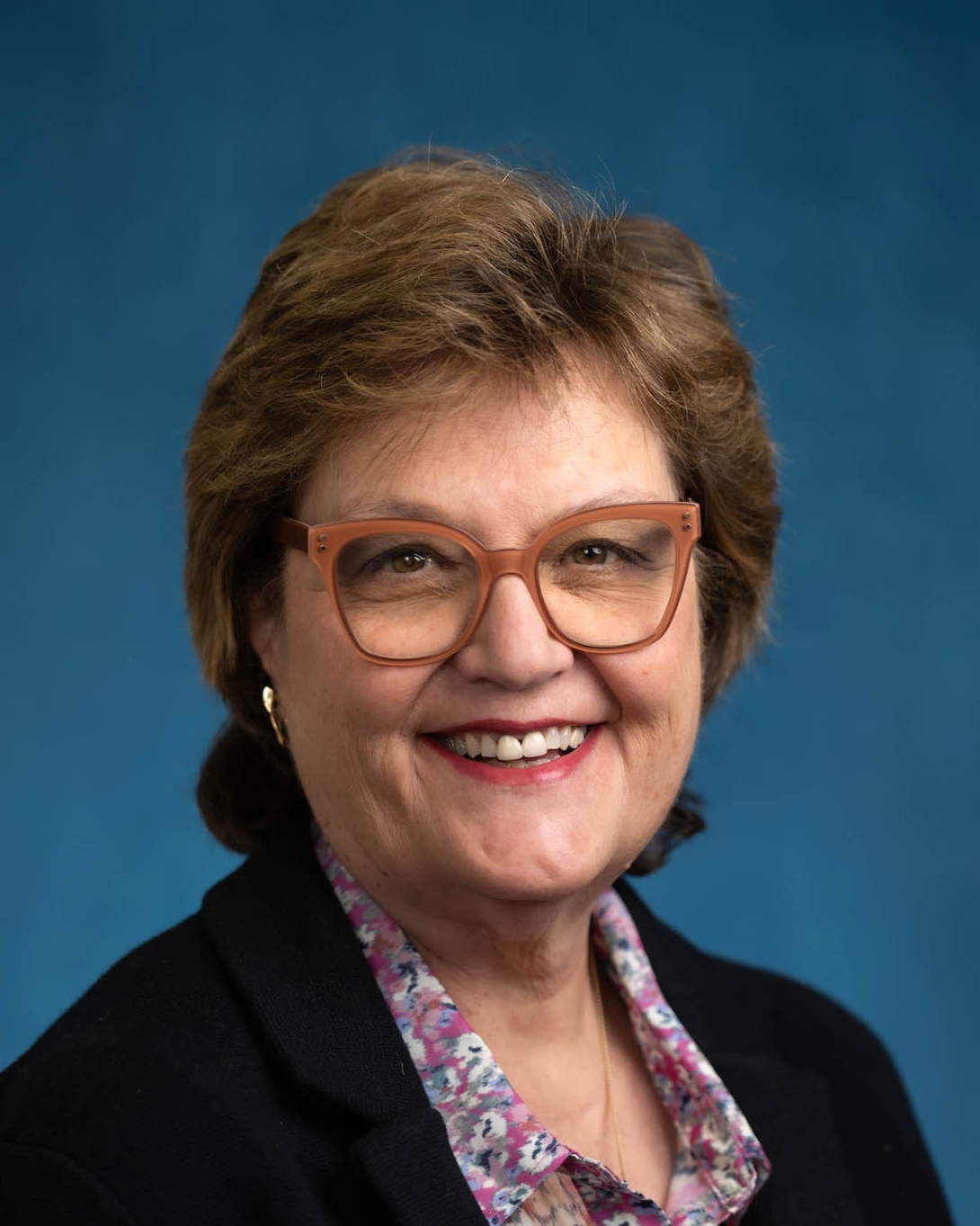
Chair, Department of Obstetrics and Gynecology
Professor of Obstetrics and Gynecology
Professor of Urology
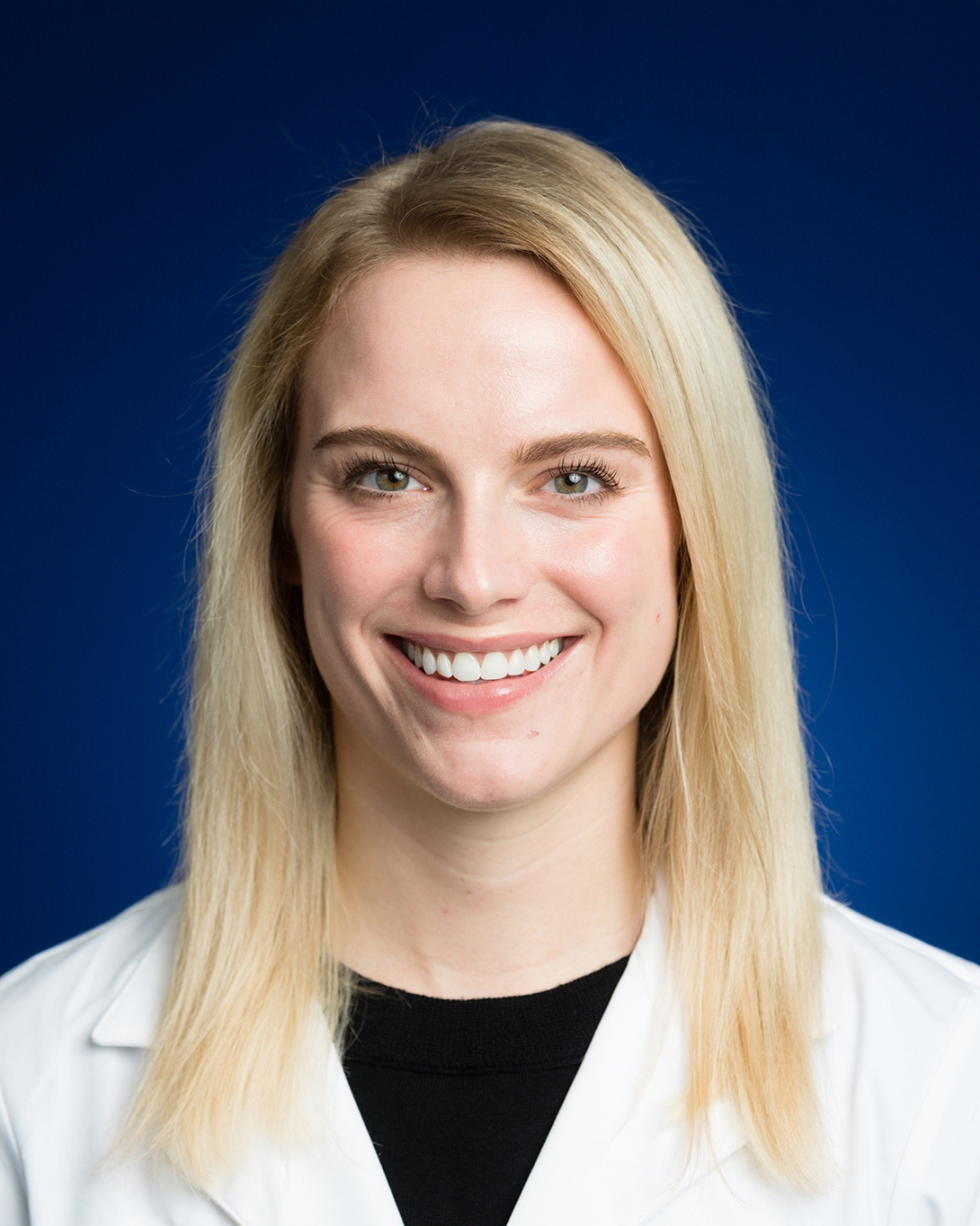
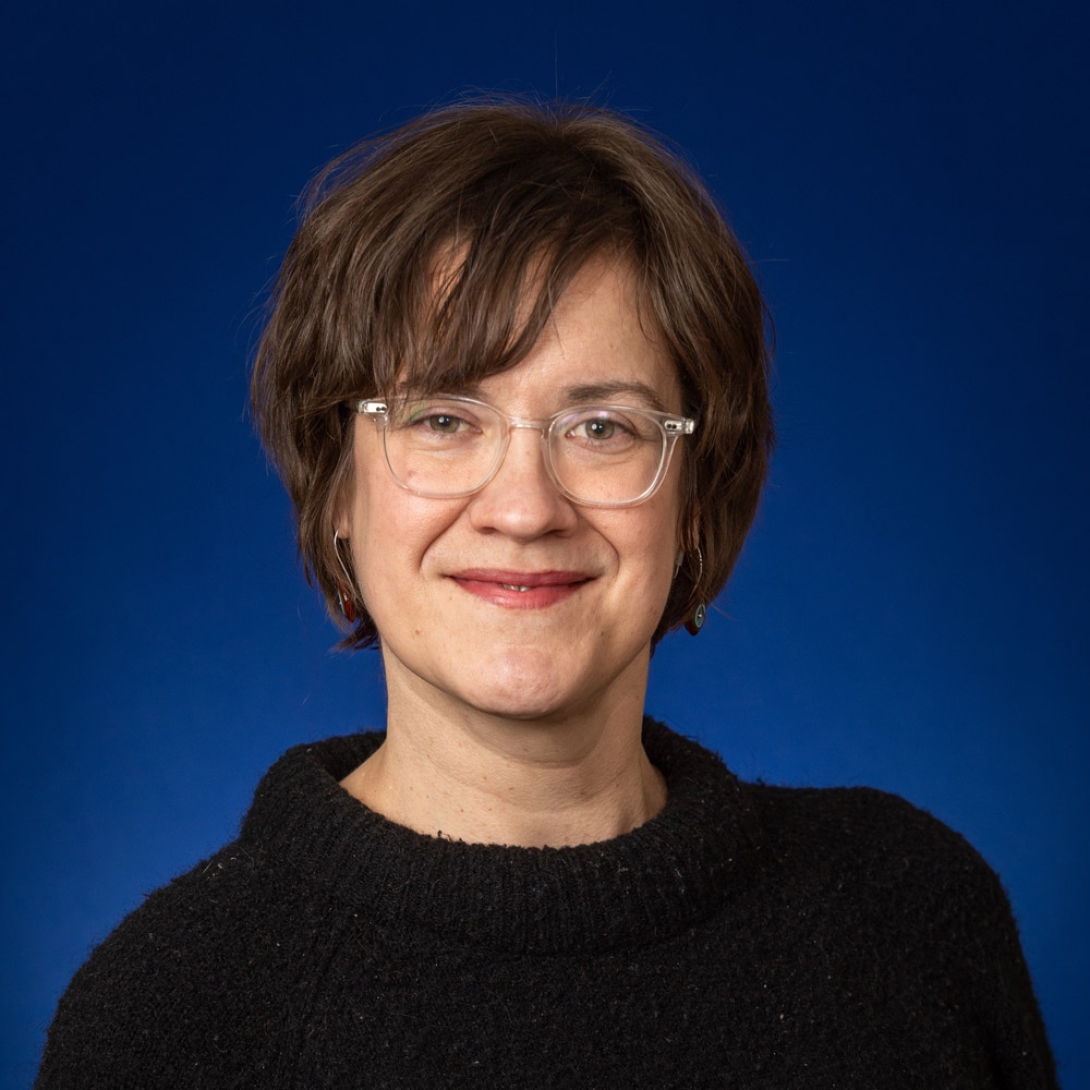
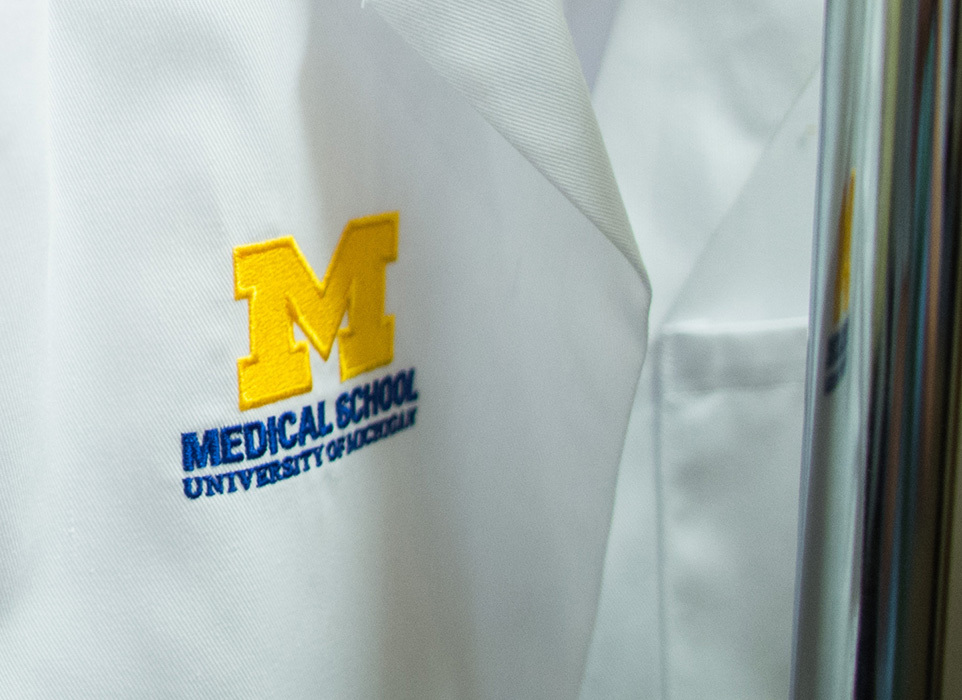
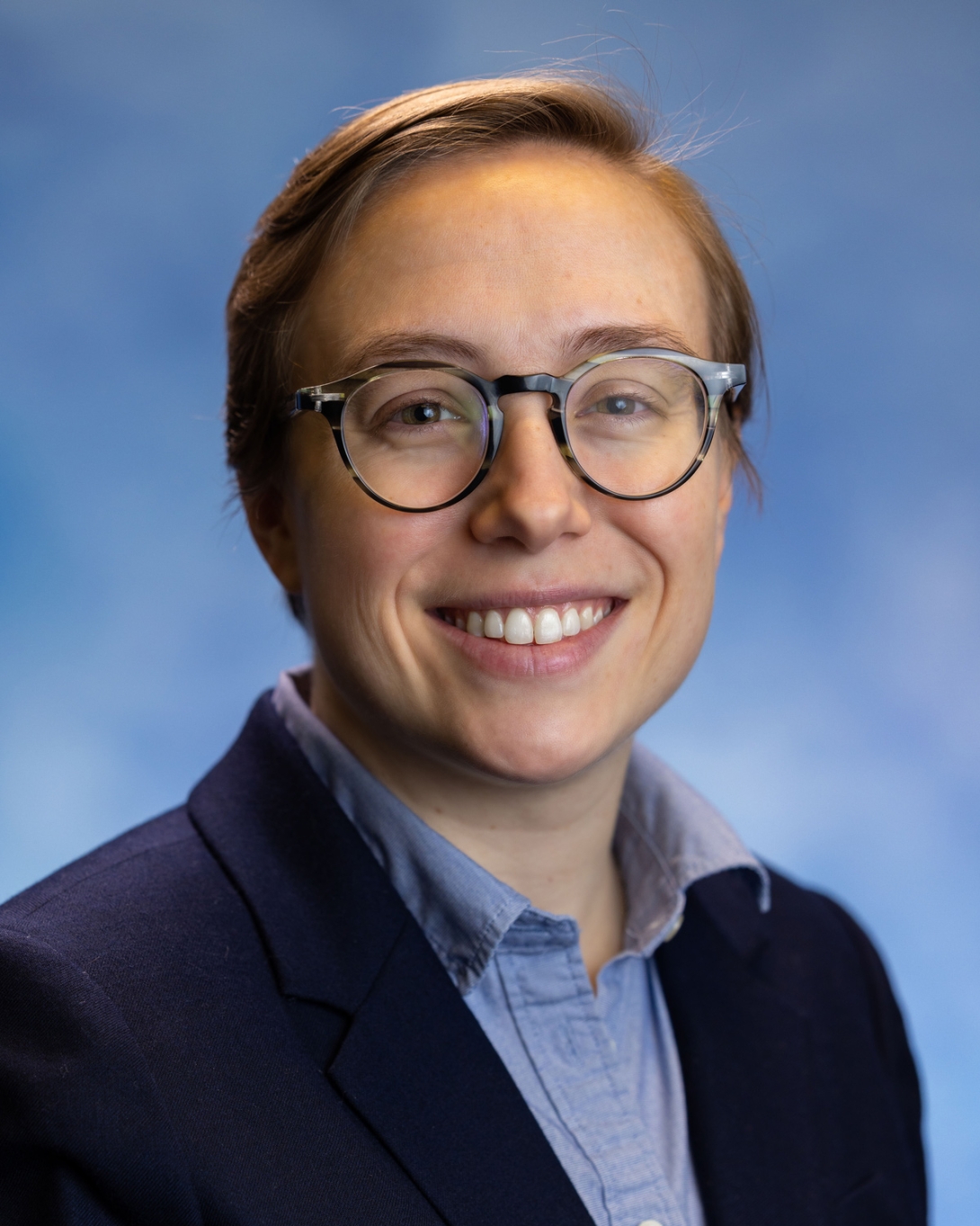

Clinical Professor of Obstetrics and Gynecology
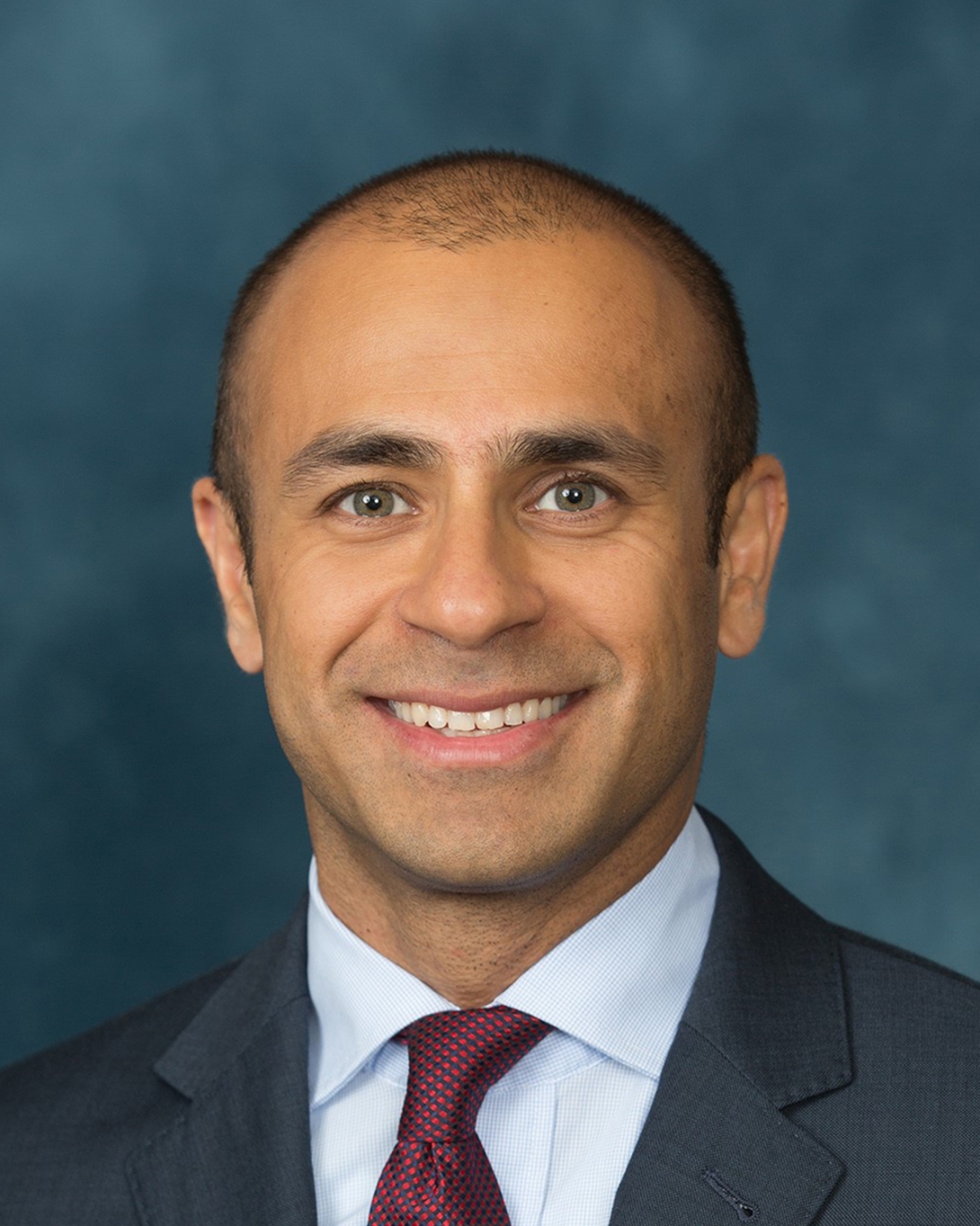
Clinical Professor of Obstetrics and Gynecology
Program Director, Gynecologic Oncology Fellowship and Quality Improvement Program
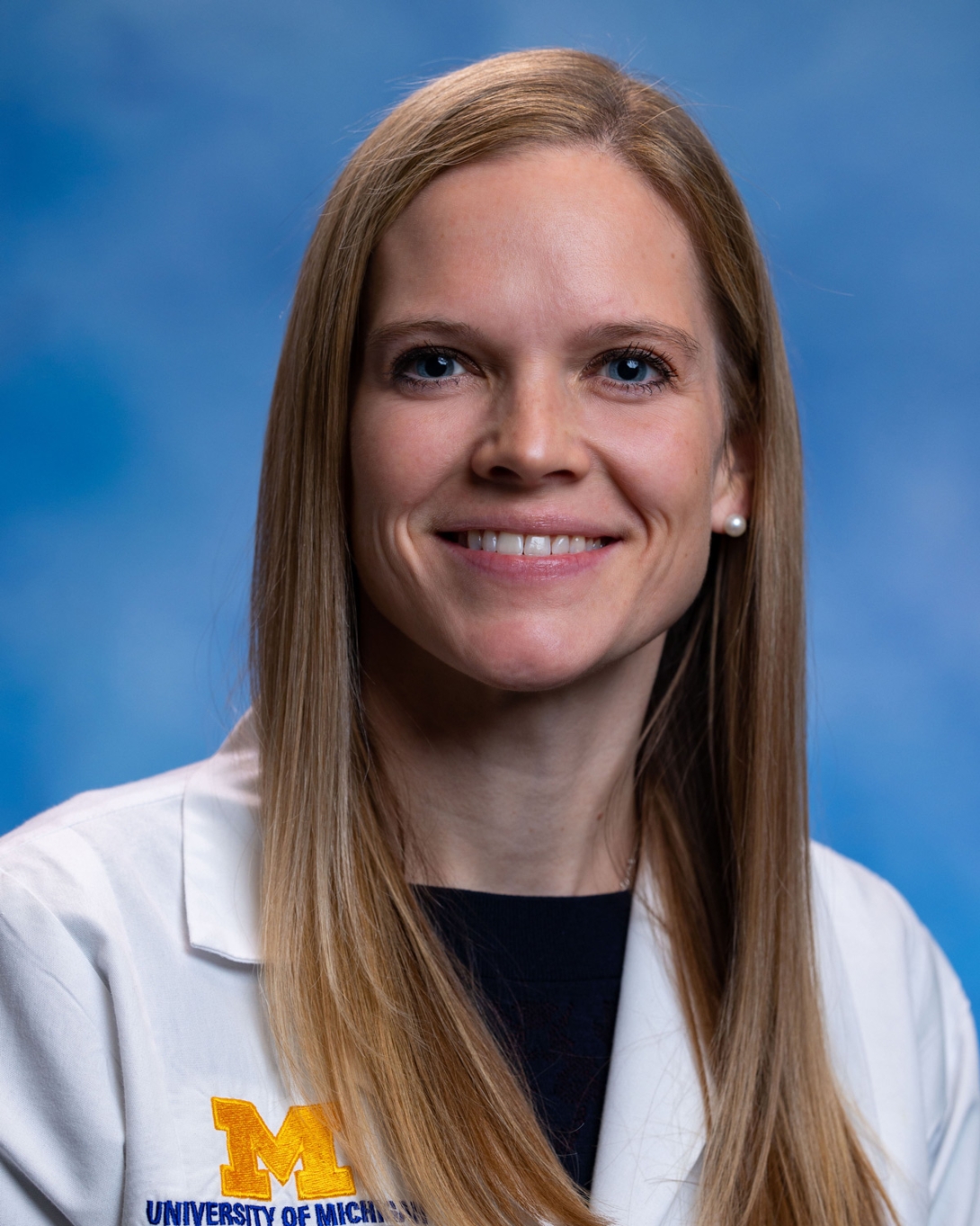
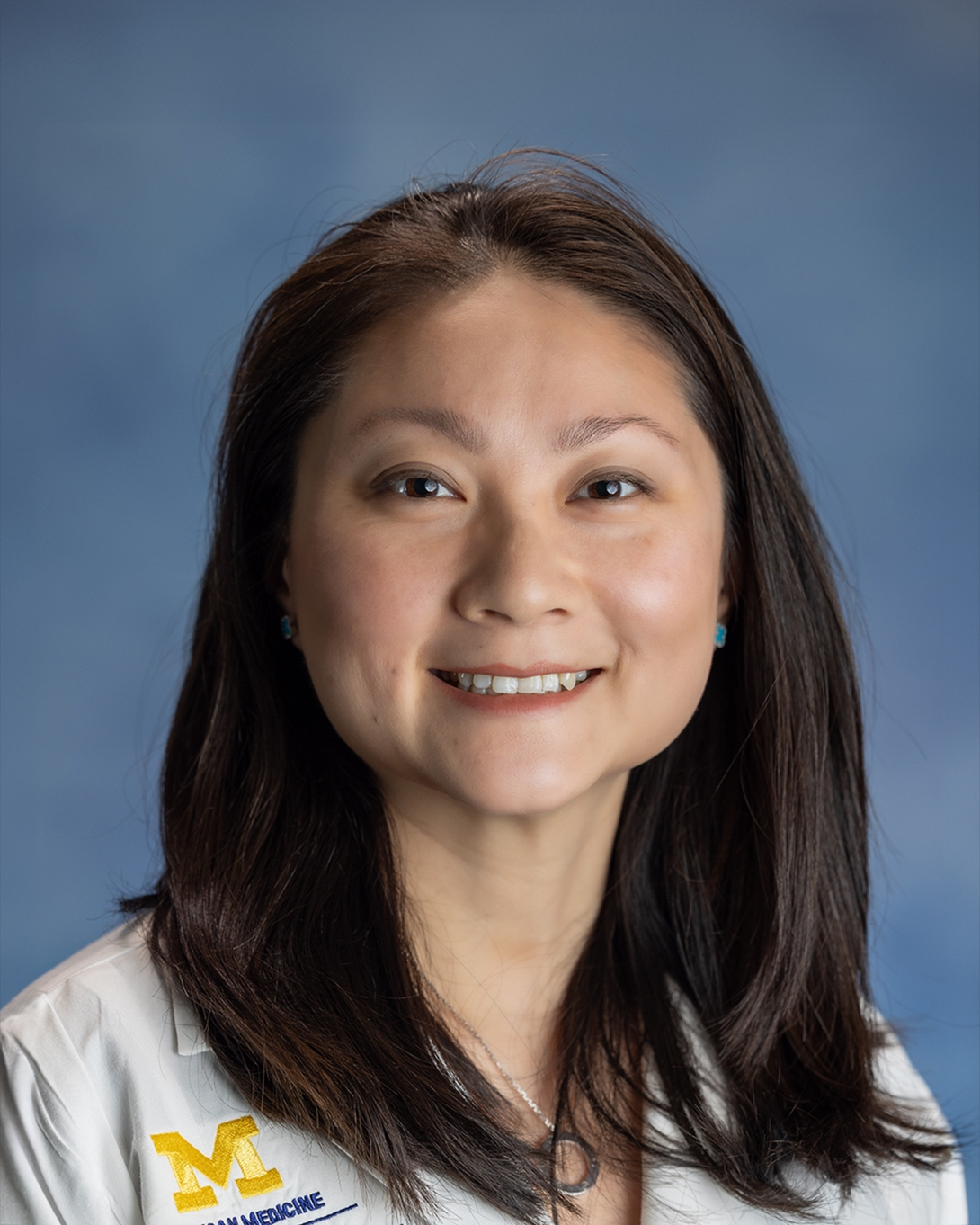
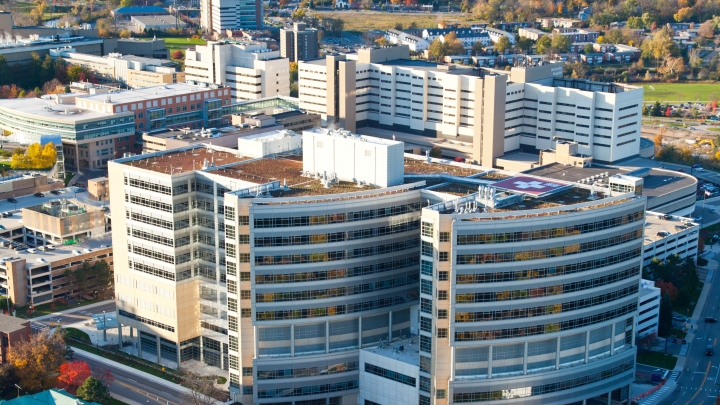
Nationally-recognized physicians provide patients with a full spectrum of pregnancy and childbirth care, as well as gynecologic care before and after pregnancy. For high-risk pregnancies, U-M Medical School’s Fetal Diagnosis and Treatment Center offers comprehensive fetal services, utilizing the latest technological advances in diagnostics, minimally invasive surgeries and open surgeries.

We find a new reason to love Ann Arbor nearly every day — year-round outdoor activities, cultural experiences, a growing food scene, and a welcoming, family-friendly atmosphere are just a few that come to mind. Explore all that Ann Arbor and our surrounding communities have to offer.




